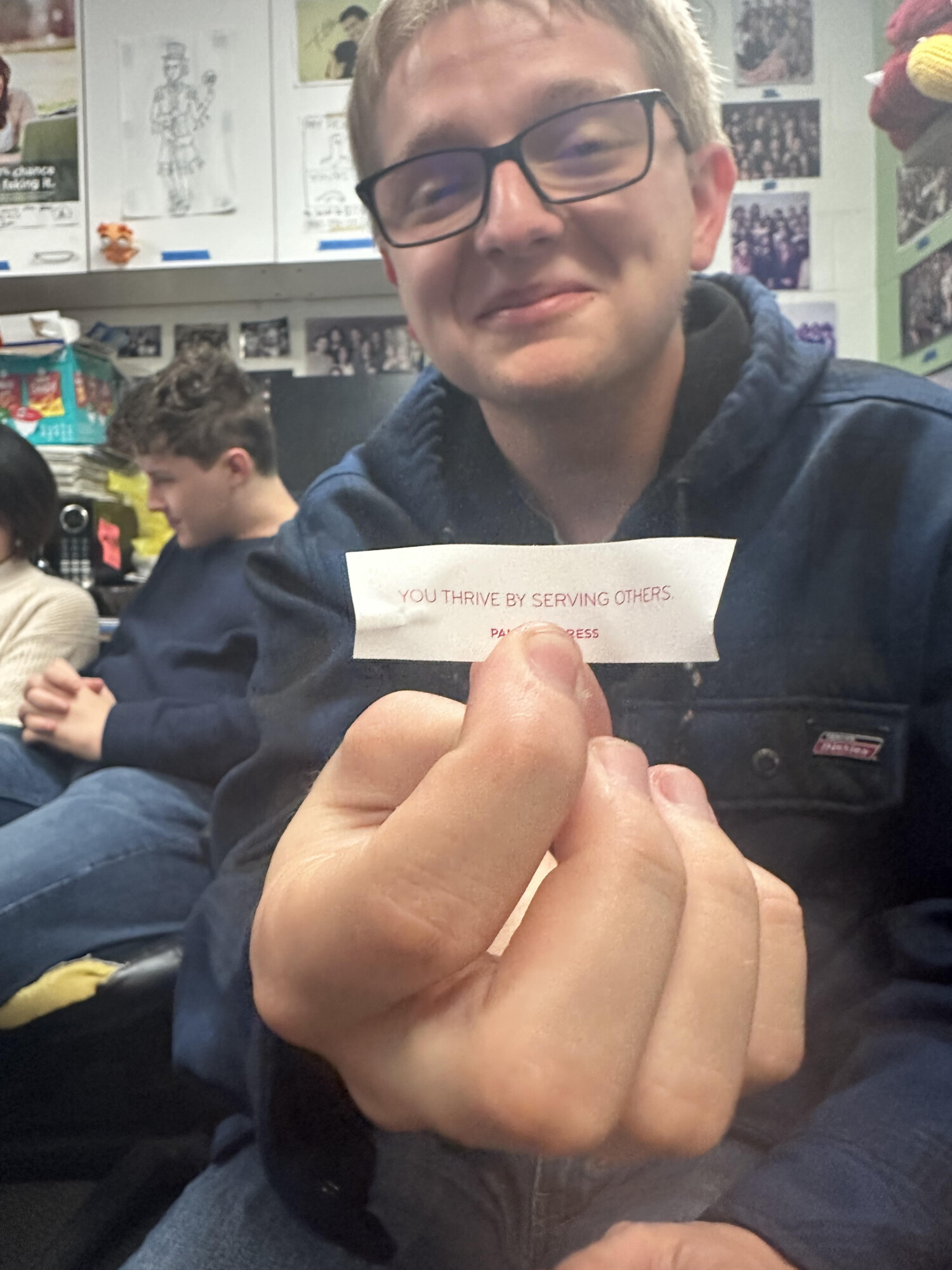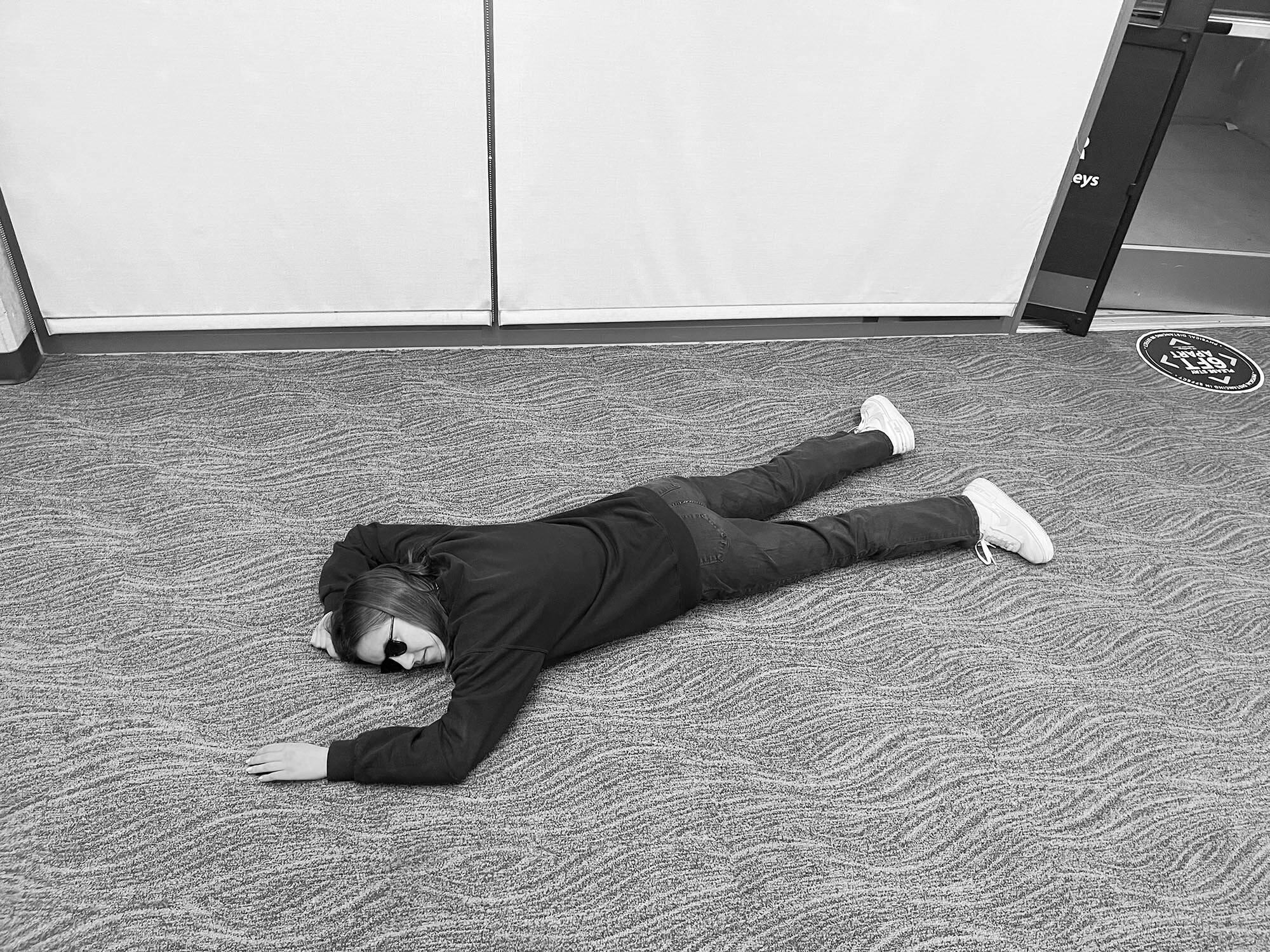
“Quick, get a bucket; all our time is running down the drain!” exclaimed one scientist.
Photo by Amit Roth
In an article published in Nature, physicists Herbert Partridge, Romina Petri, and their team of “overworked graduate students” revealed the results of their decades-long study. The article, titled “Where Does the Time Go? A Theoretical and Practical Analysis,” was the culmination of a lifetime of work spent answering the age-old question. When asked why he chose this field of study, Partridge stated, “It’s a very common phrase. Every birthday, every Thursday, even every time the clock strikes 10:30, I utter the words, ‘Where does the time go?’ I wanted answers. So I researched harder than anyone has ever researched — and I figured it out. I did it. I am now, finally, going to retire.” Dr. Partridge resigned from his position at Yale last month at the age of 89 and stated that he would include all of his post-docs in his will.
Dr. Petri’s independent research on the fluidity of time was also cited. Her research states that time is “very much physically similar to Mountain Dew Baja Blast, only purple.” An article she published in 2008 claims that “given you’ve stolen enough of it, time is actually drinkable.” The study was largely discredited due to its neglecting to outline a study design, but there was some speculation that time theft and mistreatment of grad students were involved.
For the study, Drs. Partridge, Petri, and their team put together a longitudinal study following a population-representative sample of 20,000 Americans. The participants were intermittently asked to account for where they were when they last felt that time had slipped by. They were also asked to report every time “the day got away from them,” as well as if they ever felt like they had time “on their hands.” Data was collected for over 30 years, and the results revealed that when Americans felt like they had lost time, it “actually went straight into the capitalists’ pockets.”
The article states: “People’s perception of time is nonlinear, of course, but every year they wonder what happened to all the hours they were supposed to have, why none of the trips they wanted to go on panned out, and why they never have a moment’s peace seemingly ever. The working American doesn’t have the time to do all the things they want to do because it’s actually being stolen from right under their noses. Working for more than 40 hours a week turns your time into money, but not for you! It flows through a crescendoing vortex from your life into the life of your boss, then their boss, and so on, until it gets to the real bigwigs, where they get the value of your hours multiplied by their greed deposited into their bank account. Of course, they also have to pay taxes, and so all your hard work actually ends up in a Le Creuset dutch oven where the Monopoly Man sips it with a silver spoon.”
The article was met with a mix of praise and criticism from the scientific community, with some scientists questioning the reproducibility of the study, and some praising the Partridge & Petri lab for their commitment to bring the truth about the work week to light.











